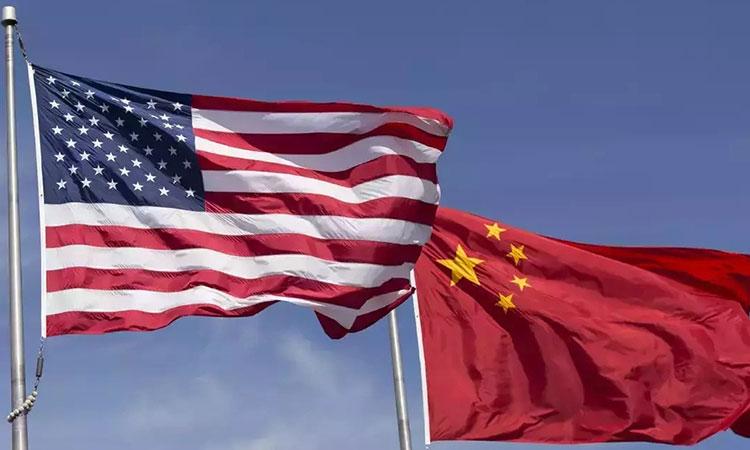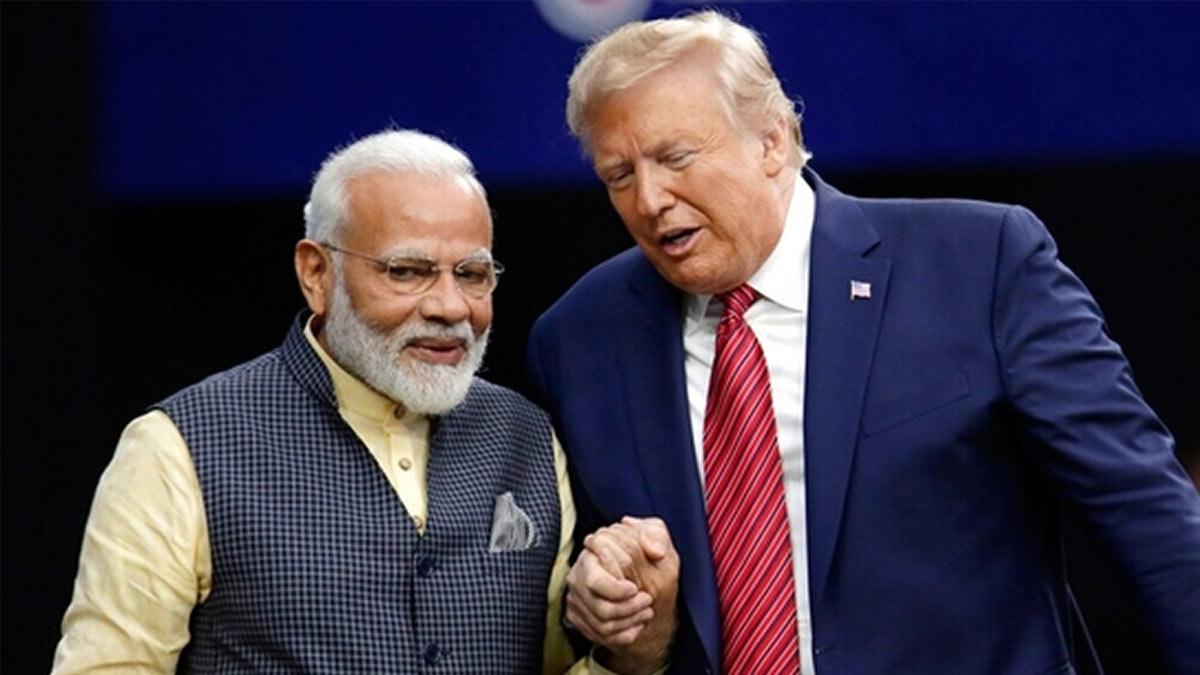President Joe Biden is set to engage in a crucial summit with Chinese President Xi Jinping in the San Francisco Bay area during a gathering of Pacific Rim nations next week. The focus of this meeting is to encourage China to maintain open communication lines and collaborate on shared interests, particularly in the realms of work and trade cooperation.
The agenda of the talks will extend beyond the US-China relationship, touching upon global hotspots such as the Russia-Ukraine war and the Israel-Hamas conflict. The United States will seek China's assistance in defusing tensions in these areas.
White House Press Secretary Karine Jean-Pierre, in a statement on Friday, revealed that the leaders will convene next Wednesday to deliberate on various facets of the US-China bilateral relationship. The discussions will encompass the imperative of sustaining open communication channels and addressing a spectrum of regional and global issues.
Among the topics slated for discussion are Russia's invasion of Ukraine and the Israel-Hamas conflict. This meeting is highly anticipated, coming almost a year after the two leaders last met at the G20 summit in Bali, Indonesia.
Referencing the previous meeting in Bali, Jean-Pierre emphasized the need for the US and the People's Republic of China (PRC) to manage competition responsibly. The leaders will explore avenues for collaboration, especially in trade and manufacturing, where their interests align, particularly on transnational challenges affecting the international community.
China, being a major trading partner with the US and a significant supplier of infrastructure materials globally, including steel and iron ore, has recently aligned itself with Russia in the Ukraine conflict. This alignment has raised concerns in the US State Department.
Despite these concerns, White House and US State Department officials underscored President Biden's efforts to deepen alliances with countries such as India, Australia, Japan, South Korea, and the Philippines. Officials maintained that high-level diplomacy is essential, emphasizing a steady and consistent approach without compromising on national interests and values.
Since the previous Biden-Xi meeting in Bali, the US has restored diplomatic exchanges with Chinese counterparts, focusing on trips to Beijing by the Secretaries of State, Treasury, and Commerce.
Efforts have been made to manage competition, prevent conflict risks, and ensure open communication channels. The US and China have initiated working-level consultations covering areas like arms control, maritime issues, and macroeconomic and debt concerns.
Tensions between the US and China have been fueled by trade imbalances, suspicions of Chinese hegemony in the South China Sea, conflicts on the Himalayan border with India, and recent export bans by the US on semiconductors for fear of military applications.
Notably, the meeting's exact location in the San Francisco Bay area remains undisclosed for operational security reasons. Meanwhile, Republicans on the House Select Committee on China are urging Biden to modify US policy towards China, calling for a challenge to Beijing to demonstrate a genuine commitment to improving relations with the US ahead of the meeting with Xi Jinping.
Also Read | US planning face-to-face meeting between Joe Biden and Xi Jinping in November: Report
Also Read | It's for China to explain Xi Jinping's absence from G20 Summit: US


















